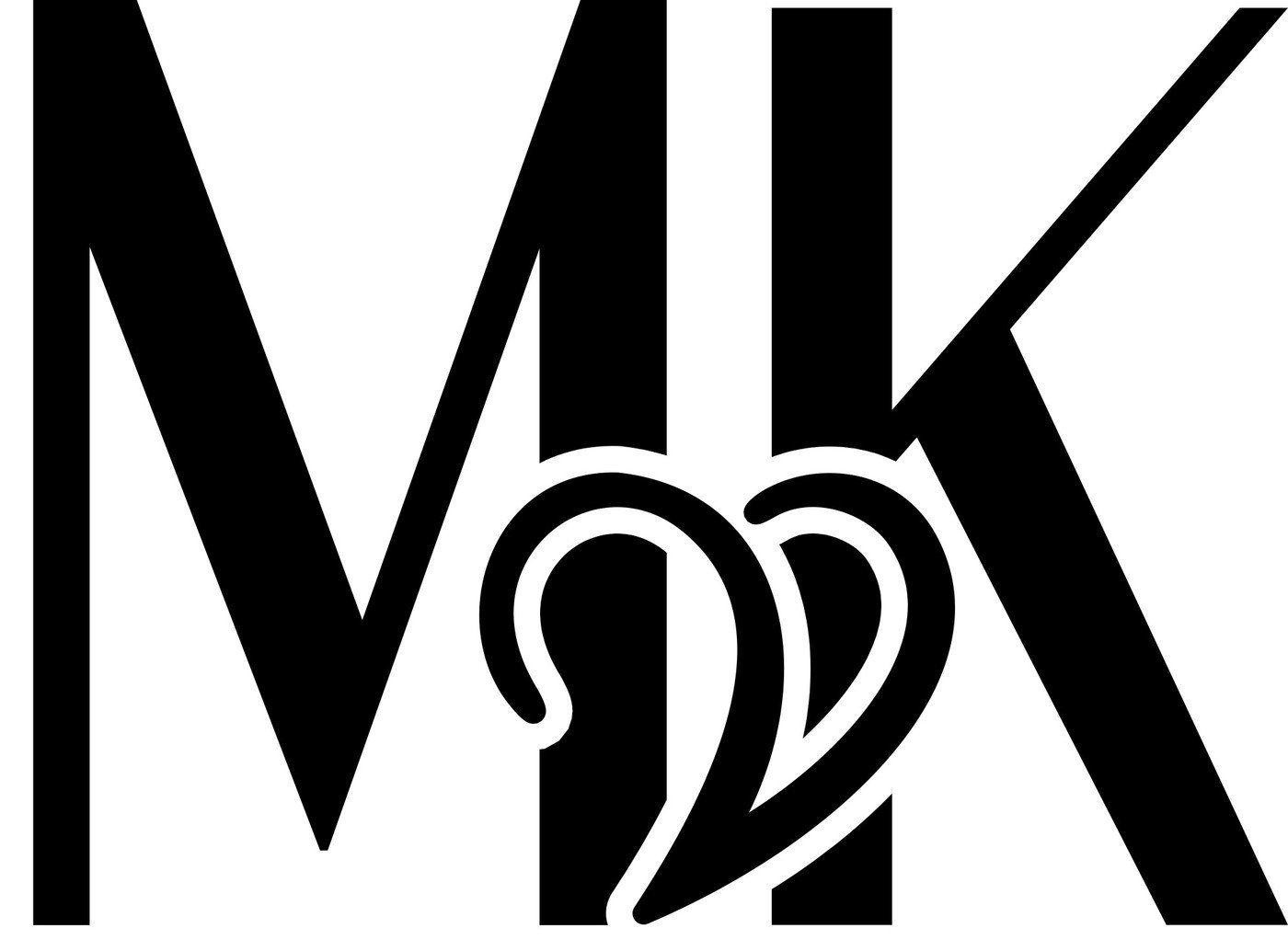Understanding MKV: The Video Format That Offers Unmatched Flexibility and Quality. If you're a digital content enthusiast, you've likely come across the term "MKV" while browsing for movies, TV shows, or tutorials online. MKV, or Matroska Video, has become one of the most popular video formats in recent years due to its incredible flexibility and ability to bundle multiple audio tracks, subtitles, and metadata into a single file. This format is not only favored by tech-savvy users but also by content creators who demand high-quality playback without compromising on file size. Whether you're a casual viewer or a professional editor, MKV is worth exploring because of its compatibility with almost all modern devices and media players.
As we delve deeper into the world of digital media, understanding the nuances of different formats can significantly enhance your viewing experience. MKV stands out because it supports a wide range of codecs, making it an ideal choice for both beginners and experts alike. Its open-source nature ensures that developers and users have access to constant updates and improvements, ensuring that the format remains relevant even as technology evolves. By learning more about MKV, you'll discover how it can revolutionize the way you consume and manage video content.
In this comprehensive guide, we will explore everything you need to know about MKV, including its advantages, compatibility, and how to work with it effectively. From understanding its technical specifications to discovering tools that make it easier to play or convert MKV files, this article aims to provide you with valuable insights. Whether you're looking for a new format to store your video collection or want to know why MKV is preferred by professionals, this guide will equip you with the knowledge you need to make informed decisions.
Read also:How To Make Brownies A Comprehensive Guide To Creating The Perfect Chocolate Treat
What Exactly is MKV?
Matroska Video, commonly referred to as MKV, is an open-standard container format that encapsulates multiple types of media content, including video, audio, subtitles, and metadata. Unlike other formats that focus solely on video playback, MKV offers a comprehensive solution for organizing and storing multimedia files. This makes it particularly useful for users who need to access multiple language tracks, subtitles, or chapters within a single file. Its adaptability has led to widespread adoption across various platforms, making it one of the most versatile formats available today.
Why Should You Choose MKV Over Other Formats?
One of the primary reasons MKV stands out is its ability to support multiple codecs, which means it can handle a wide variety of video and audio streams without requiring additional software. This flexibility ensures that users can enjoy high-definition content without worrying about compatibility issues. Additionally, MKV files tend to be smaller in size compared to other formats while maintaining superior quality, which is a significant advantage for those with limited storage space. Furthermore, the format's open-source nature allows for continuous improvements, ensuring that it remains up-to-date with the latest technological advancements.
How Does MKV Compare to Other Popular Formats?
When comparing MKV to other formats like MP4, AVI, or MOV, it becomes evident that MKV offers several distinct advantages. While MP4 is widely used due to its universal compatibility, MKV surpasses it in terms of features and customization options. For instance, MKV allows users to add multiple audio tracks and subtitles, which is not always possible with MP4. Similarly, compared to older formats like AVI, MKV provides better compression and higher-quality playback. These factors make MKV an excellent choice for anyone looking for a more robust and feature-rich video format.
Can MKV Be Used Across All Devices?
Yes, one of the key strengths of MKV is its broad compatibility with various devices and platforms. Whether you're using a Windows PC, macOS, Android, or iOS device, chances are you can play MKV files without any issues. Most modern media players, such as VLC, MPC-HC, and PotPlayer, support MKV natively, eliminating the need for additional plugins or software. Even if your device doesn't support MKV out of the box, there are numerous tools available that can help you convert or stream MKV files effortlessly. This widespread support makes MKV an attractive option for users who want a format that works seamlessly across different systems.
What Are the Key Features of MKV?
The success of MKV can be attributed to its impressive array of features, which include:
- Support for multiple audio and subtitle tracks
- Compatibility with a wide range of codecs
- Ability to embed metadata such as chapters and cover art
- Excellent compression and quality retention
- Open-source nature for continuous improvement
These features collectively make MKV a powerful tool for organizing and managing multimedia content, especially for users who demand more from their video files.
Read also:Discover Marlboro High School A Hub Of Excellence And Growth
Not at all. While MKV offers advanced features, it is surprisingly easy to use, even for beginners. Many modern media players come with built-in support for MKV, allowing users to play files directly without any hassle. Additionally, there are numerous free tools available that simplify tasks such as converting, editing, or extracting content from MKV files. For example, HandBrake is a popular tool that enables users to convert MKV files to other formats, while MKVToolNix allows for merging and splitting MKV files with ease. With these resources at your disposal, working with MKV becomes a straightforward process.
While MKV files are inherently efficient, there are several ways to optimize them for better performance. One approach is to ensure that the video and audio streams are encoded using the latest codecs, such as H.265 for video and AAC for audio. This can significantly reduce file size while maintaining high-quality playback. Another tip is to remove unnecessary tracks or metadata from the file, which can further enhance its efficiency. Finally, using a reliable media player that supports hardware acceleration can improve playback speed and reduce resource consumption, making MKV files even more enjoyable to watch.
Despite its popularity, MKV is often misunderstood by users who are unfamiliar with its capabilities. One common misconception is that MKV files are larger and slower than other formats, which is not true. In reality, MKV files can be optimized to achieve smaller sizes and faster playback without compromising on quality. Another myth is that MKV is only suitable for advanced users, but as we've seen, it is actually quite user-friendly and accessible to everyone. By dispelling these misconceptions, users can fully appreciate the benefits of MKV and integrate it into their digital workflows.
In conclusion, MKV represents the future of video formats due to its unmatched versatility, compatibility, and feature-rich design. As technology continues to evolve, MKV will undoubtedly remain at the forefront of multimedia innovation, offering users a seamless and enjoyable experience. Whether you're a casual viewer or a professional editor, embracing MKV can unlock new possibilities for how you interact with digital content. By understanding its capabilities and leveraging its advantages, you can elevate your video management and playback experience to the next level.
- What Exactly is MKV?
- Why Should You Choose MKV Over Other Formats?
- How Does MKV Compare to Other Popular Formats?
- Can MKV Be Used Across All Devices?
- What Are the Key Features of MKV?
- Is MKV Difficult to Work With?
- How Can You Optimize MKV Files for Better Performance?
- What Are Some Common Misconceptions About MKV?
- Why Is MKV the Future of Video Formats?
- Conclusion: Embrace MKV for Enhanced Multimedia Experience
By exploring these topics, you'll gain a comprehensive understanding of MKV and its role in shaping the future of digital media. Whether you're looking to enhance your personal video library or streamline your professional workflow, MKV is a format worth considering. Its flexibility, compatibility, and advanced features make it a standout choice for anyone who values quality and convenience in their multimedia experiences.


